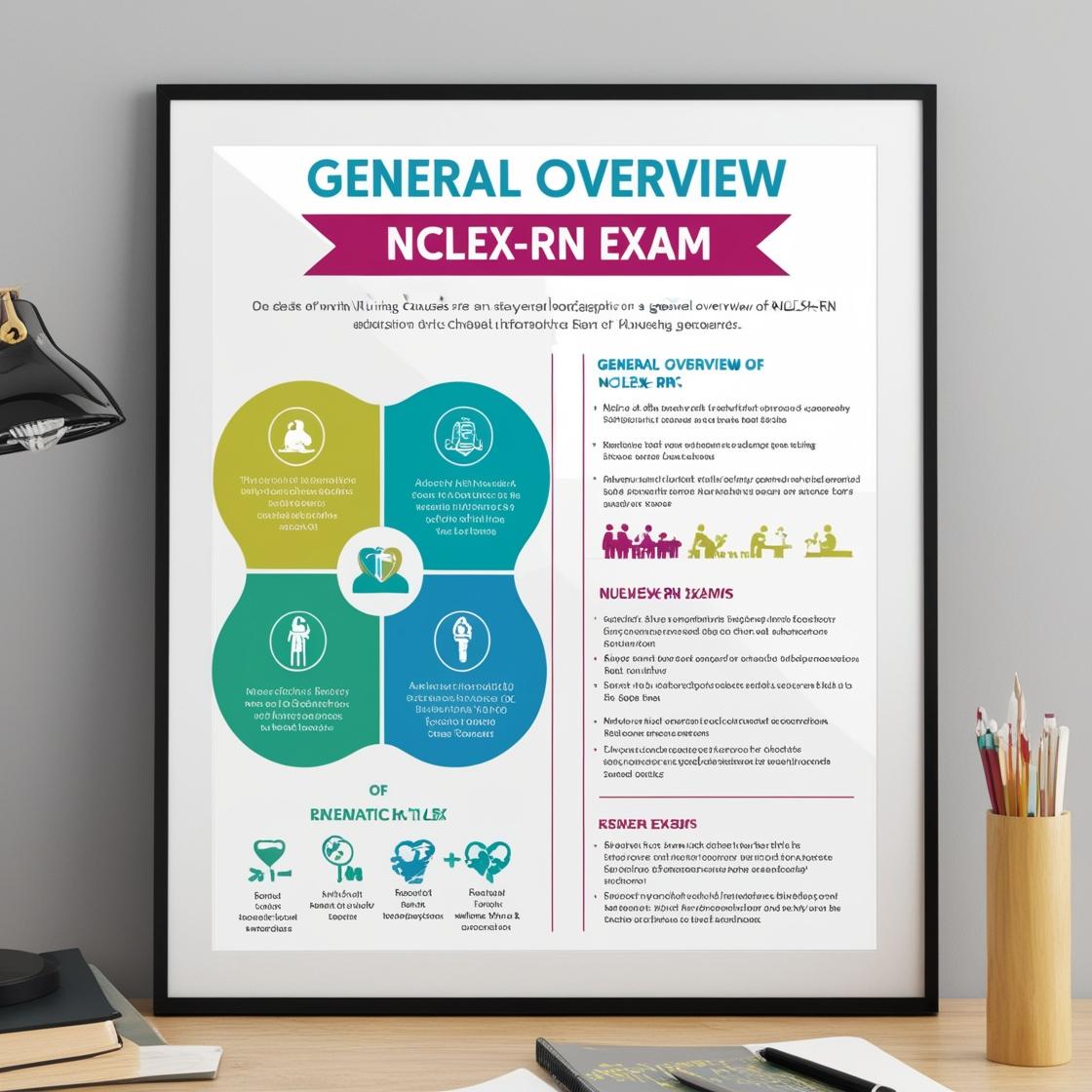NCLEX-RN
NCLEX RN Practice Questions With Rationale
1. At a community health fair, the blood pressure of a 62-year-old client is 160/96 mmHg. The client states, "My blood pressure is usually much lower."? The nurse should tell the client to:
- A. Go get a blood pressure check within the next 15 minutes
- B. Check blood pressure again in two (2) months
- C. See the healthcare provider immediately
- D. Visit the healthcare provider within one (1) week for a BP check
Correct answer: A
Rationale: The blood pressure reading of 160/96 mmHg is moderately high, indicating hypertension. Given that the client mentions their blood pressure is usually lower, there is concern for acute complications like a stroke. Therefore, an immediate reassessment of the blood pressure within the next 15 minutes is warranted to confirm the reading and take appropriate actions if necessary. Waiting for two months (Choice B) or a week (Choice D) could pose risks of delaying intervention. Seeing the healthcare provider immediately (Choice C) is a good option, but in this case, the urgency is not as high as to require immediate attention at the healthcare provider's office.
2. Choose the BEST answer. To ensure adequate protection for legal issues, offices should maintain patients' charts for:
- A. 10 years
- B. Forever
- C. Until the age of majority
- D. 2 years after the patient was last seen in the office
Correct answer: B
Rationale: The correct answer is 'Forever.' Maintaining patients' charts indefinitely ensures comprehensive legal protection by having all relevant information available in case of litigation or if patient history needs to be referenced in the future. Choice A, '10 years,' may not be sufficient to cover the entire period within which legal issues may arise. Choice C, 'Until the age of majority,' is not ideal as legal matters may extend beyond this age limit. Choice D, '2 years after the patient was last seen in the office,' is inadequate as legal actions can occur beyond this timeframe, necessitating the need for long-term retention of patient charts.
3. When planning care for an uninsured diabetic patient, which strategy should be a priority?
- A. Obtain less expensive medications
- B. Follow evidence-based practice guidelines
- C. Assist with dietary changes as the first action
- D. Teach about the impact of exercise on diabetes
Correct answer: B
Rationale: The priority when planning care for an uninsured diabetic patient should be to follow evidence-based practice guidelines. By adhering to standardized evidence-based guidelines, the nurse can help reduce healthcare disparities among different socioeconomic groups. While obtaining less expensive medications and assisting with dietary changes are important, the primary concern should be providing care that aligns with established standards of practice. Teaching about the impact of exercise is also valuable but may not be the priority when immediate care planning for an uninsured patient is considered.
4. When a nurse is asked by a physician to speak to a colleague about their unprofessional behavior in front of a client but chooses not to confront the colleague and avoids the physician the next day, what type of conflict resolution is the nurse exhibiting?
- A. Accommodation
- B. Competition
- C. Avoidance
- D. Negotiation
Correct answer: C
Rationale: The nurse is exhibiting the conflict resolution strategy of avoidance. Avoidance involves ignoring the problem in the hope that it will go away on its own. In this scenario, the nurse avoids confronting the colleague and stays away from the physician, which does not address the issue directly. While avoidance may provide time for others to gain insight into the situation, it typically does not lead to a resolution of the underlying problems. Accommodation (A) involves yielding to the wishes of others, competition (B) entails pursuing one's own concerns at the expense of others, and negotiation (D) involves seeking a mutually agreeable solution through communication and compromise, none of which are demonstrated by the nurse in this situation.
5. During a health history assessment of a new patient, which data should be the focus for patient teaching?
- A. Age and gender
- B. Saturated fat intake
- C. Hispanic/Latino ethnicity
- D. Family history of diabetes
Correct answer: B
Rationale: The correct answer is saturated fat intake. Behaviors play a crucial role in health outcomes, and saturated fat intake is a modifiable behavior that can significantly impact a patient's health. By focusing on educating the patient about reducing saturated fat intake, the healthcare provider can empower the patient to make positive changes. While age, gender, ethnicity, and family history are important factors in understanding a patient's health status, they are not behaviors that can be directly modified through patient teaching. Therefore, these factors are essential for developing an individualized care plan but are not the primary focus of patient teaching. Saturated fat intake directly relates to dietary habits, which can be altered through education and support to promote better health outcomes.
Similar Questions

Access More Features
NCLEX RN Basic
$69.99/ 30 days
- 5,000 Questions with answers
- Comprehensive NCLEX coverage
- 30 days access @ $69.99
NCLEX RN Premium
$149.99/ 90 days
- 5,000 Questions with answers
- Comprehensive NCLEX coverage
- 30 days access @ $149.99
